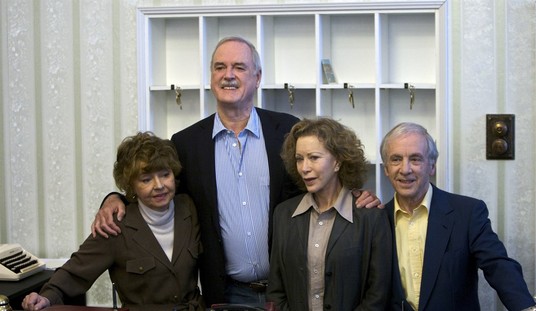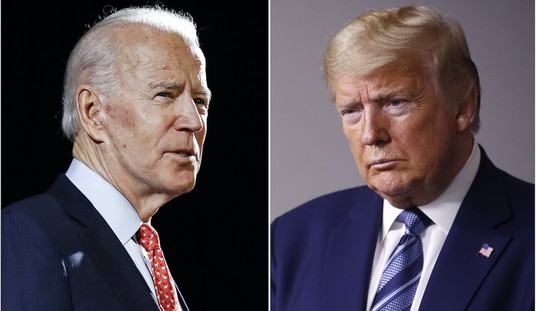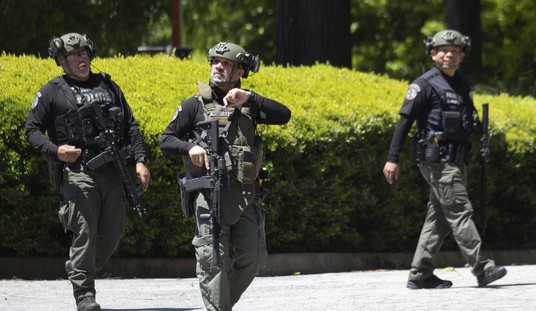I suppose this was inevitable from the moment that Ismaaiyl Brinsley executed two New York City police officers in cold blood. It didn’t take long for authorities to peek under the covers of various social media networks and find that there were plenty of others who were taking up the violent, anti-cop banner and threatening to murder more law enforcement officers. Arrests followed, spurring the expected howls of protest from the offenders. This is my right to free speech!
No, it’s really not. In a sensible editorial piece for CNN, criminal defense attorney Danny Cevallos examines examples of actual free speech – hateful as some of it may be – and how those cases differ from Facebook posts where you publicize your plans for mayhem and crimes against society.
Suppose, after the recent NYPD threats, I posted that I planned to “swarm on any m… in a blue uniform,” meaning specifically the “punk police.” Suppose I promise that “when I finish, it is going to be a bloodbath of cops dyin.'”
Scary right? If I tweeted that today, I might expect police at my door. In 1988, though, there was no Twitter … or e-mail … or “online,” come to think of it, when the rap group NWA came out with its (famous) “F*** Tha Police,” containing those very lyrics. People then were offended, of course. But songs on an album just don’t seem to contain the same direct threat potential of social media today. There was something very nonspecific about threatening language contained on a commercially mass-produced cassette tape.
NWA produced some truly despicable lyrics back in the day, and for all I know they may have inspired some gang bangers out there to commit other crimes. But it was still commercially produced music for mass consumption and I doubt that any reasonable person on a jury would have found that the singer was actually intending to go on a cop shooting spree themselves. (And to my knowledge, there is no indication that any of the members, including Dr. Dre and Ice Cube, ever actually executed any cops.) The point here is that the musical product could be recognized in court as “art” rather than a direct communication of a specific threat. Cevallos makes this distinction.
Maybe this is why social media has more threat potential, and it’s not because it can reach many persons: Social media is more threatening for its potential to reach one specific person—but be overheard by many others. Maybe that’s the key.
In that sense, social media threats are less like a musical performance, and more like a menacing phone call placed on speakerphone for others to hear, or a call surreptitiously recorded by your Russian girlfriend (as with Mel Gibson).
Social media postings are (generally) not for profit, and they are authored by the speaker alone. In that sense they feel more like the unfiltered statements of present intent.
Similar “free speech” arguments are already shot down regularly in the courts. As anyone who has tried it can tell you, publishing any sort of threat against the life of the President of the United States will find you in a windowless room talking to some ill humored men in suits faster than you can whistle Dixie. Similar rules are in play for other elected officials and public figures. We regularly hear complaints about how those individuals are getting superior protection under the law than the rank and file citizen, but there is a basis for such precautions. First, highly visible public figures attract a lot more venom than the anonymous Joe on the street, with an exponentially larger chance that one of the crackpots may actually be violent. And perhaps even more to the point, killing elected officials – or the police – is an even larger crime. In addition to the loss of the life of one individual, the assailant is further attacking the institution and the rule of law. We tend to take such things seriously and for good reason.
The postings of “putting wings on pigs” by Brinsley were not free speech, nor are the threats of his numerous admirers who may wish to follow in his footsteps. It’s important to remember here that the distinction is not one of abstract theory or debate. When NWA put out an album, they went to their label to collect a paycheck. After Brinsley posted his menacing promises, he went out to collect scalps. It is not up for debate as to whether or not online threats against cops are real when you’re already scheduling police funerals.








Join the conversation as a VIP Member